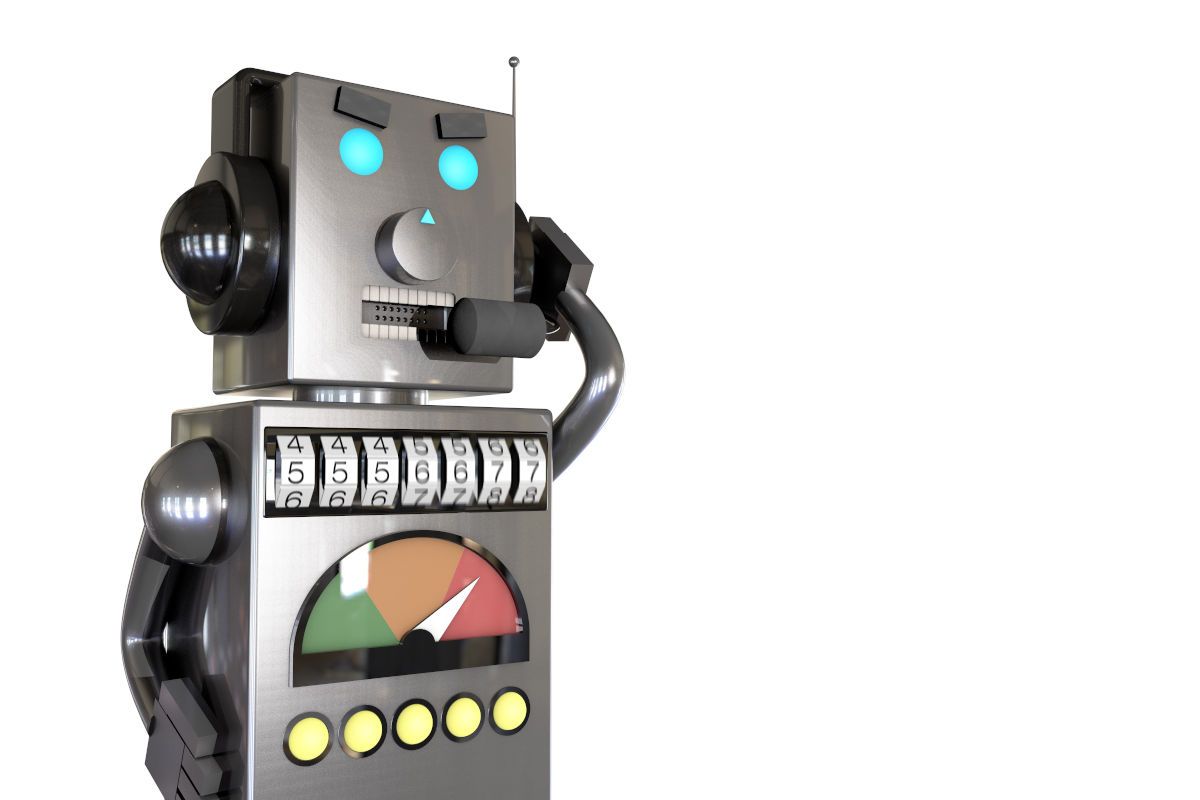FCC Building A Case Against Robocalls

The Federal Communications Commission is building a file on robocallers, in hopes of eradicating them. The agency today launched its Robocall Mitigation Database, which requires phone companies to document their efforts to stamp out illegal robocalls.
After a September 28, 2021, deadline, phone companies will have to refuse traffic from voice service providers not listed in the database.
“Protecting consumers from scammers that use robocall and spoofing tools is a top priority,” said FCC Acting Chairwoman Jessica Rosenworcel. “To succeed, we not only need an all-hands-on-deck response from government, but we need industry commitment and focus.
“Our message to providers is clear: certify under penalty of perjury the steps you are taking to stop illegal robocalls, or we will block your calls,” Rosenworcel said.
The database includes a portal through which voice providers must file certifications regarding their efforts to stem the origination of illegal robocalls on their networks. Companies that were granted an earlier extension, mostly small operators, must file detailed reports on the steps they are taking to ensure they are not the source of illegal calls.
Call authentication includes matching caller ID information transmitted by the caller with the caller’s actual phone number. That’s intended to combat scammers’ use of caller ID spoofing to mask their true identity and trick consumers by appearing to call from local or other trusted numbers.
It will also allow law enforcement, the FCC, and industry to more quickly and effectively trace back scam calls to their source.
You can thank Congress
Robocalls have been a curse ever since Congress passed the Telecommunications Act of 1996, replacing an act that had been in effect since 1934 and that had provided a lightly regulated telecom and broadcasting industry. It was intended to be pro-competitive but, in the view of many consumer advocates, turned out to create nearly limitless opportunities for scam artists, pornographers and swindlers of various ilks.
“This legislation will expand and strengthen universal service. .. It allows open access to the pipelines of knowledge,” then-Vice President Al Gore said at the signing ceremony in the Library of Congress on Feb. 8, 1996.
Besides opening up the telecommunications industry to just about anyone with a computer, the act also eliminated media cross-ownership ties, creating the cable television monopolies that are slowly giving way to streaming video.
Robocalls are probably the most visible effect of the legislation, as just about everyone gets them and they are easy to recognize.
“If you answer the phone and hear a recorded message instead of a live person, it’s a robocall,” the Federal Trade Commission has advised consumers. “Internet-powered phone systems have made it cheap and easy for scammers to make illegal calls from anywhere in the world, and to hide from law enforcement by displaying fake caller ID information.”
That situation may be about to change if the FCC’s latest effort is successful.
